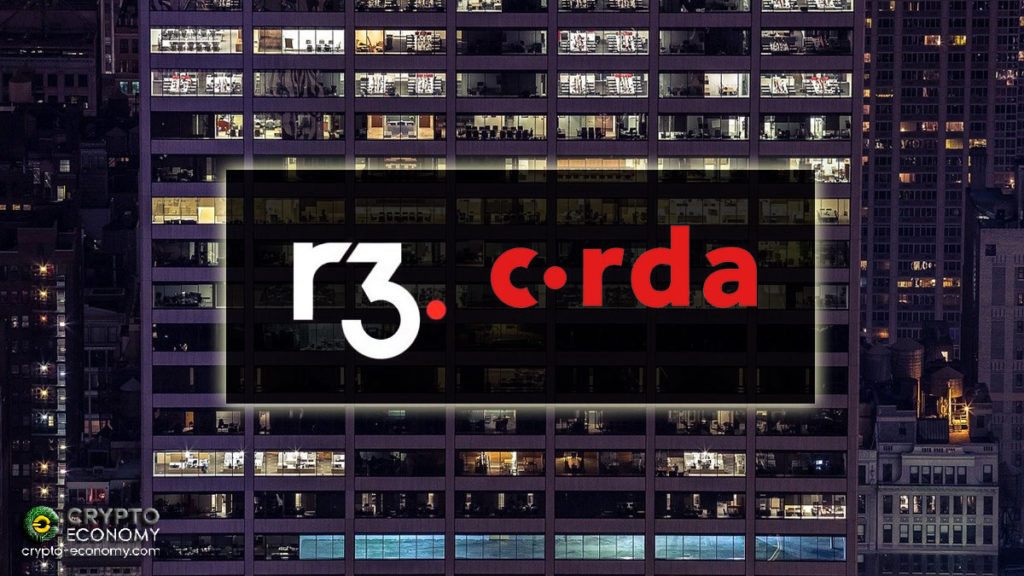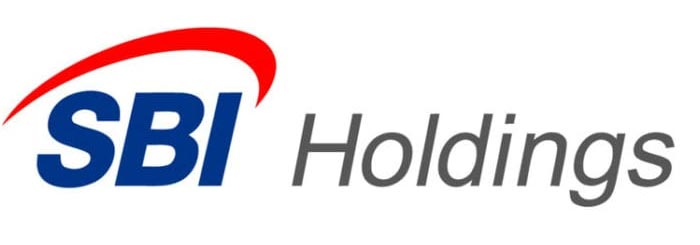What may have been the largest open-account trade finance trials on R3’s Corda platform has finally come to an end.The project involved 70 organizations from over 25 countries and more than 340 participants from the organizations were involved.
A variety of sectors were also represented by the participants including financial services, logistics, automotive industry, hospitality, information technology, telecommunications, maritime industry, and real estate.
All respondents in the trial believe that trade finances and working capital tools that have blockchain technology as the basis have a chance in the acceleration of receivables discounting process and reduce costs for both banks and corporates. ¾ believe this can happen in five years, according to sources.
On 12th December, Irish tech firm TradeIX said that the trade trials involved testing working capital applications developed by TradeIX and focused on the receivables finance products on Marco Polo’s platform. Trials continued for a period of seven weeks.
Receivables financing also known as factoring involves a business selling account receivable to a third party at a discount in exchange for immediate cash payment. This enables firms to make the best out of their working capital, alleviate risks and improve liquidity.
The director of business development at SBI Holdings and SBI R3 Japan, Munetoshi Yamada, highly believes that Marco Polo will revolutionize traditional bank-corporate relationship in an innovative way to make the real multi-bank platform happen.
Marco Polo, founded by the two blockchain companies R3 and TradeIX, focuses on smoothening world trading relationships. Bank of America, MasterCard, and Daimler joined the network in September. The first transactions between Russia and Germany happened in October.
Major players were involved in the trials including Dutch bank ABN AMRO, Mexican bank Banorte, Boston-based Citizens Bank, Frankfurt-based Commerzbank, Hong-Kong based Bank of East Asia and the Saudi British Bank.
Other corporations involved included BMW, Saudi Arabia-based International Islamic Trade Finance Corporation, financial services institute SüdFactoring (a subsidiary of German bank Landesbank Baden-Württemberg), Tokyo-based trading company Sumitomo Corporation, SBI Holdings (the investment arm of Japanese financial giant SBI Group) and R3 Corda Japanese venture SBI R3 Japan.











